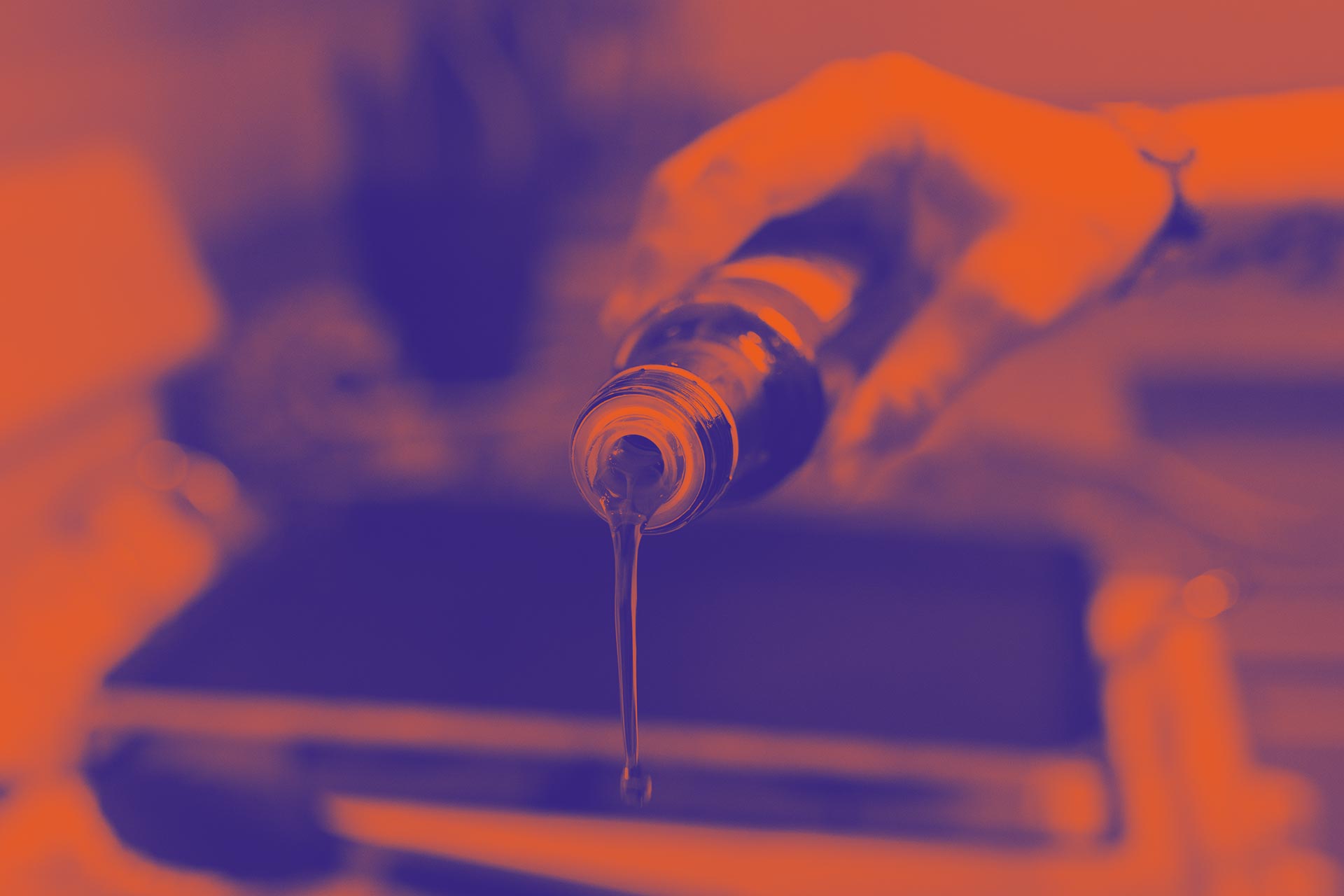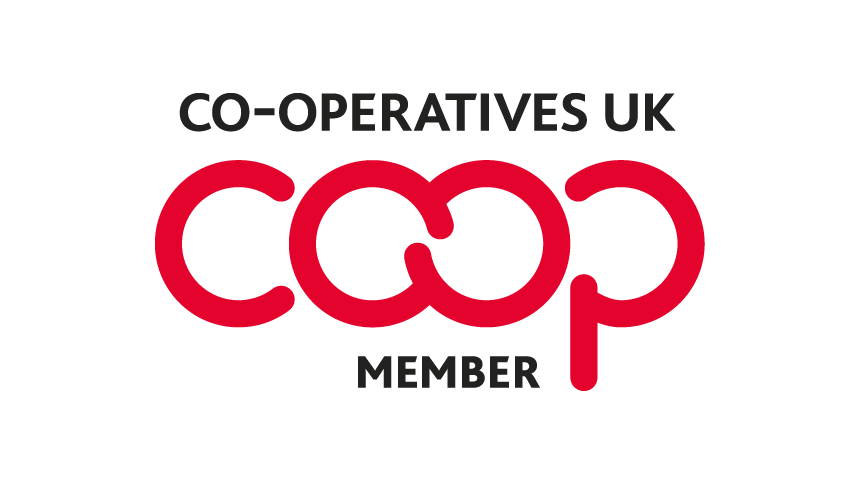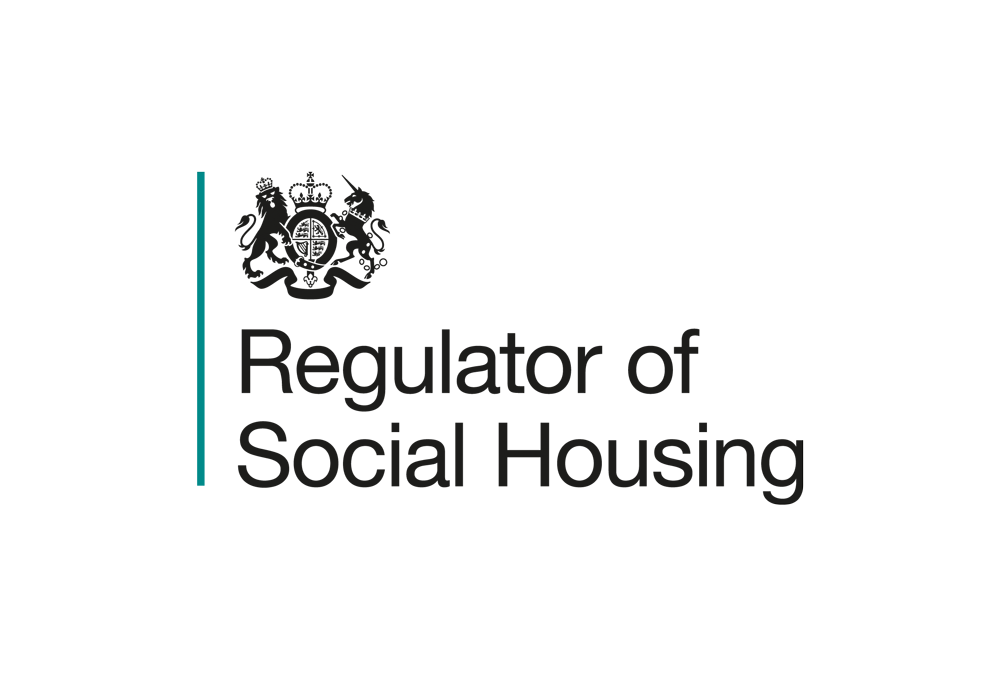It might seem convenient to pour leftover cooking oil or fat down the kitchen sink, but doing so can cause serious problems – for your plumbing, the environment, and even your wallet. Understanding the risks can help you make smarter choices in the kitchen. Some key considerations are as follows:
1. Clogged pipes and drain problems
- When fats, oils, and grease (often called FOG) are poured down the sink, they may appear liquid when warm, but they solidify as they cool. This can:
- Stick to the inside of pipes, gradually building up a blockage.
- Lead to slow drains, foul odours, or complete pipe blockages.
- Require costly plumbing repairs or emergency services.
- Even small amounts can accumulate over time, creating stubborn “fatbergs” in household plumbing.
2. Problems for the sewage system
FOG doesn’t just harm your home; it also affects public infrastructure:
- Blockages in sewer pipes can cause overflows, flooding streets and homes.
- Sewage treatment plants have to spend more time and money removing fats, raising operational costs.
- In extreme cases, fatbergs (hardened masses of fat, wet wipes, and other debris) can weigh tonnes and require heavy machinery to remove.
3. Environmental impact
Pouring fat down the sink can harm the environment:
- Fats that reach rivers and streams can deplete oxygen levels in water, harming fish and other wildlife.
- Contaminated water can affect local ecosystems and biodiversity.
- Increased treatment at sewage plants uses more energy and chemicals, contributing to pollution.
4. Health risks
Clogged drains and sewage overflows can create hygiene hazards:
- Overflowing sewage can carry bacteria and pathogens.
- Blocked drains in homes can cause mould growth, unpleasant smells, and unsanitary conditions.
5. Safe alternatives for disposing of fat
Instead of pouring fat down the sink:
- Cool and collect: let fat or oil cool, then pour it into a container for disposal in the bin.
- Reuse: some cooking oils can be strained and reused for frying or cooking.
- Recycle: find out about local recycling schemes for used cooking oil – see: https://www.towerhamlets.gov.uk/lgnl/environment_and_waste/recycling_and_waste/waste_cooking_oil_collections.aspx
Key considerations:
- Never pour fat, oil, or grease down the sink.
- Even small amounts can accumulate and cause major blockages.
- Dispose responsibly by cooling and binning, recycling, or reusing.
- Protect your plumbing, the environment, and your wallet by making smart disposal choices.








